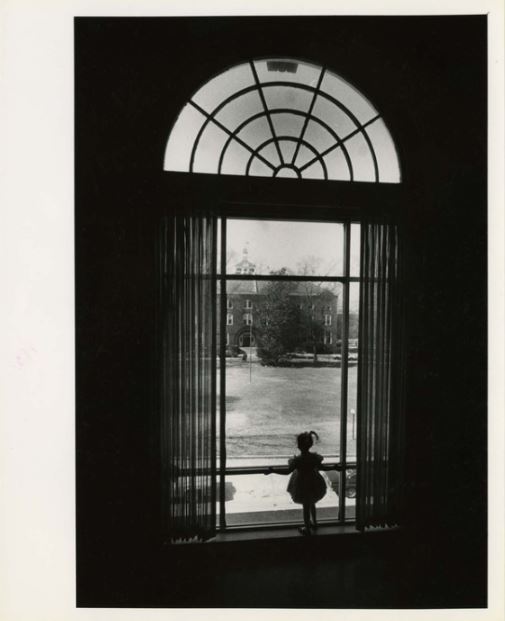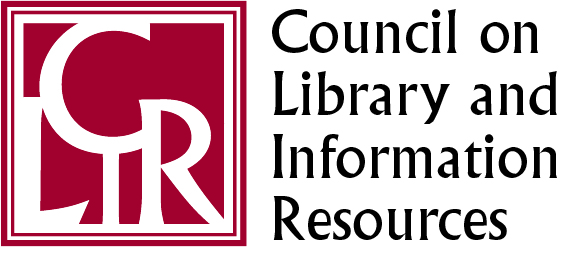- The Augusta-Richmond County Public Library and Coastal Heritage Society are recipients of the third set of grants awarded in a program intended to broaden partner participation in the Digital Library of Georgia (DLG). The DLG solicited proposals for historic digitization projects in a statewide call, and applicants submitted proposals for projects with a cost of up to $5,000. The projects will be administered by DLG staff who will perform digitization and descriptive services on textual (not including newspapers), graphic, and audio-visual materials.Preference in the selection process was given to proposals from institutions that had not yet collaborated with the DLG. The Coastal Heritage Society is a new partner for the DLG.
The recipients and their projects include:
- Augusta-Richmond County Public Library (Augusta, Ga.)
Digitization and delivery of the Augusta Chinese-American Oral History Project, which includes twenty-six oral history interviews of individuals who either immigrated to Augusta from China, and/or grew up in Augusta during the early to the middle twentieth century. The interviews were gathered in 2011 and 2012 by members of the Chinese Consolidated Benevolent Association of Augusta (CCBA). Anyone interested in studying immigration, minority cultures, economic history, race relations, or the establishment of Chinese-American organizations in the South will find the interviews informative.
- Coastal Heritage Society (Savannah, Ga.)
Digitization and delivery of a Civil War period ledger spanning the years 1860 to 1864 that documents work conducted at the Carpentry Shop, within the Savannah Shops complex of the Central Rail Road and Banking Company of Georgia. Sections of the ledger record the tasks of specific workers, including employees, laborers, and African American workers. The Carpentry Shop ledger is a snapshot in time at one of the busiest industrial railroad complexes in the South just prior to and during the American Civil War.
Sheila McAlister, director of the Digital Library of Georgia notes: “Thanks to our review partners from Georgia Humanities, Georgia Public Library Service, Georgia Arts Council, Georgia Historic Records Advisory Council, and DLG partner volunteers, we’ve selected another strong slate of digital projects that reflect the diversity of Georgia. The collections document the Chinese-American community in Augusta and Georgia’s railroads during the Civil War and will be of interest to a wide audience.”
About the Augusta-Richmond County Public Library System
The Augusta-Richmond County Public Library System (ARCPLS) is a public library system serving more than 250,000 county residents. As a member of Public Information Network for Electronic Services (PINES), a program of the Georgia Public Library Service covering 53 library systems in 143 Georgia counties, ARCPLS supports any resident in the PINES network and provides access to over 10 million books. ARCPLS has a collection size of over 316,000 with a circulation of more than 478,000 annually. ARCPLS facilitates programs and classes to educate and entertain all ages at no cost. In addition to being a vital meeting place where the community can gather, explore new worlds, and share ideas and values, ARCPLS is a community hub and a critical anchor for our residents and neighbors. With a committed and diverse staff, ARCPLS continues to bring innovative and adaptive information and technology to its patrons.
About the Coastal Heritage Society (Savannah, Ga.)
The mission of Coastal Heritage Society is to provide educational experiences for the public through the preservation and presentation of the historic resources of coastal Georgia and adjacent regions. Coastal Heritage Society is a 501(c)3 nonprofit corporation founded in 1975 which operates five historic museums for visitors to explore. These include the Georgia State Railroad Museum, the Savannah Children’s Museum, the Savannah History Museum, Old Fort Jackson, and the Pin Point Heritage Museum.



